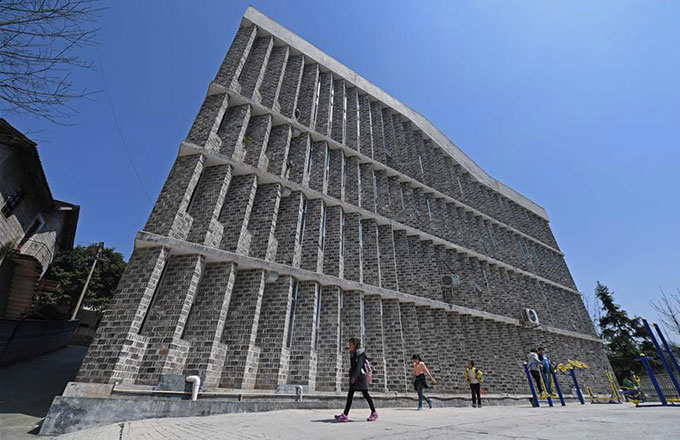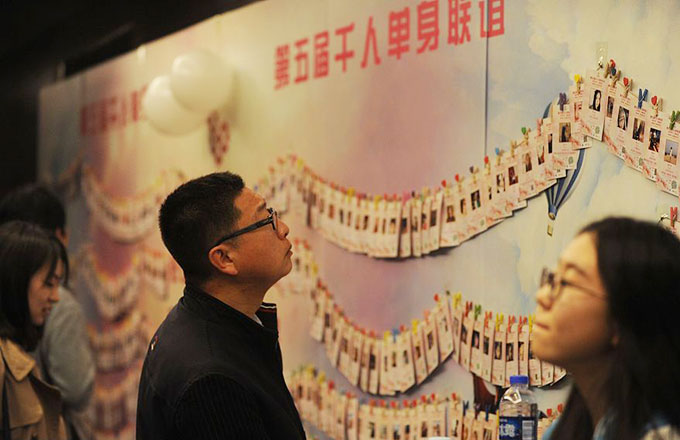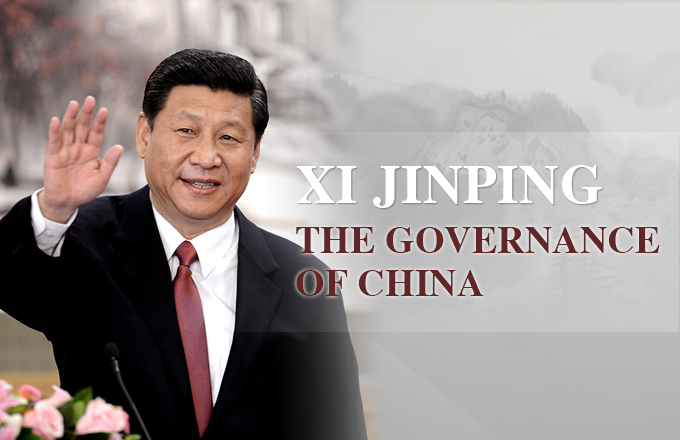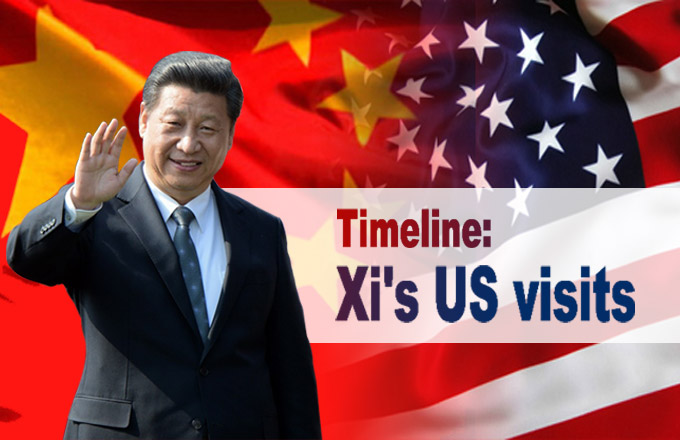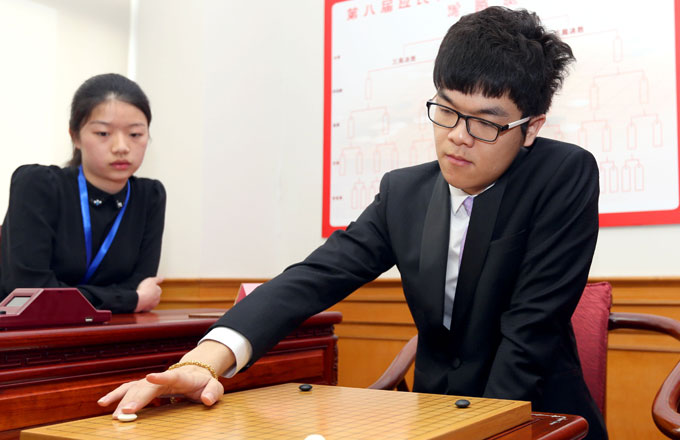Productivity unleashed through reform, Li says
State Council lays out plan for better economy and livelihoods
China is prioritizing reforms to enable better economic vitality and higher living standards for people.
The State Council's executive meeting on Wednesday was presented with an outline for specific plans for this year's economic reform, shortlisting areas that require the focus of reform. The meeting was presided over by Premier Li Keqiang.
"The Chinese economy is fundamentally driven by the country's reform efforts," Li said. "To deliver the results we have projected for the year, it is still down to how well we carry on with reforms."
He pointed out that reform will inevitably touch vested interests, and joint efforts are called for from all government departments.
Efforts in deepening economic reform will be carried out in several areas in 2017.
Improvements are urged in areas such as cutting overcapacity, destocking, deleveraging, reducing corporate costs and shoring up weak links, aiming for more effective economic growth, using the force of the market and law-based measures.
Efforts to transform government functions and streamline administration will continue with a stricter and more comprehensive compliance regulation, creating a more inviting business environment for the real economy.
Innovation and entrepreneurship will be further encouraged with incentive mechanisms. The government will also introduce wider and more effective regulations protecting private property.
Fiscal and tax reform as well as the reform of State-owned enterprises are also urged. The country will enhance reform measures on widening opening-up and environmental protection as well as supply-side reform in agriculture.
The new guideline suggests inviting private capital participation in social welfare, including medical care, education reform and social organizations.
"The government needs to focus on key reform steps that catch greater traction. This is similar to clenching our fist firmly when holding something vital," Li added.
"The key to reform is to unleash hitherto pent-up productivity," Li added. "Our job is to make big businesses stronger and small businesses more vibrant through means firmly adhering to market principles and the rule of law. Given greater latitude for their own initiatives, all businesses, big or small, will work together to invigorate the Chinese economy."
Ju Jiandong, dean of the school of International Business Administration at Shanghai University of Finance and Economics, spoke highly of the government's emphasis on unleashing productivity and the role of the market.
He believes this year's reform plan is reliable, and the country also expects more reform efforts that lead directly to changes in people's lives, such as reforms in the medical sector as well as education.
"Also, we are in need of more frequent innovation, and updates in ideas and in theory for the country's economic reform, as China has been growing quickly in both economic strength, technological innovation and international status," he said.





